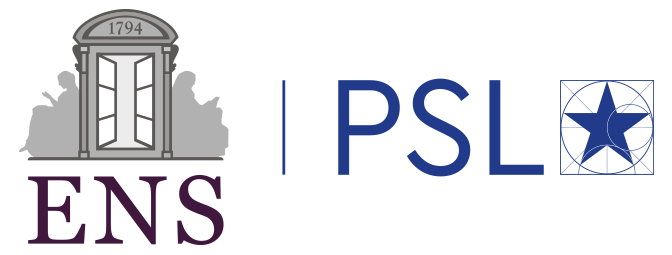Domaines
Quantum information theory and quantum technologies
Quantum optics
Metrology
Type de stage
Théorique, numérique Description
Quantum information protocols are well defined mathematically, and there exist different benchmarks for establishing the necessary resources for potential quantum advantage, as for instance the discrete Wigner function negativies or "magic". At the same time, physical systems, and in particular, bosonic systems - as the quantum electromagnetic field - can be used to encode quantum information or, alternatively speaking, simulate quantum informational protocols. Nevertheless, for such systems, the "magical" resources enabling quantum advantage over classical simulations - i.e., enabling the efficient simulation of quantum protocols - are subjected to physical constraints, as symmetries and conservation laws. While abstract qubits have no particular symmetry, photons are bosons, symmetric identical particles.
During this internship, we will address the interplay between physical and informational resources to determine how detection may be seen as a non-classical resource in quantum optics based quantum information protocols. This will be done by constructing a original framework where the phase reference of quantum optical states is explicitly treated as a resource. In general, this resource is implicit and disregarded, obscuring the assessment of the resource tradeoff of bosonic quantum information protocols. We will analyze, in particular, the role of detection in BosonSampling protocols and in homodyne detection, that is usually considered as resourceless.
Contact
Perola Milman
